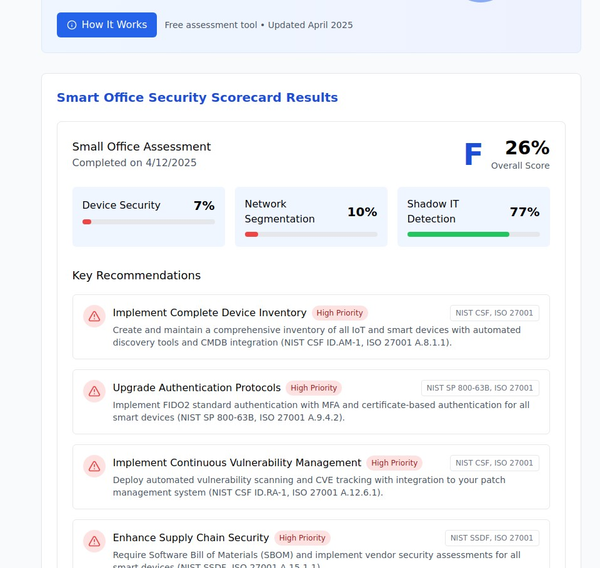Securing Your Office's Cloud Data: Strategies for Effective Cloud Security Management

Summary: With businesses increasingly relying on the cloud for storage and operations, ensuring cloud data security has become paramount. This piece will explore key strategies for effective cloud security management in the office setting.
Introduction:
With the rise of cloud computing, businesses of all sizes have enjoyed increased flexibility, scalability, and cost-effectiveness. However, as offices migrate more data to the cloud, ensuring the security of this data becomes increasingly critical. This article provides strategies for effective cloud security management in the office setting.
Understanding the Shared Responsibility Model:
Before diving into specific strategies, it's essential to understand the shared responsibility model, a crucial concept in cloud security. While cloud providers are responsible for the security of the cloud, the security of what you put in the cloud—your data and how you access it—is your responsibility.
Strategies for Effective Cloud Security Management:
- Identity and Access Management (IAM): Implement strict access controls to your cloud data. Ensure that only authorized individuals can access sensitive information and that their access is appropriate to their role.
- Data Encryption: Encrypt data both in transit and at rest. This ensures that even if data is intercepted or accessed without authorization, it remains unintelligible.
- Secure Configurations: Default configurations provided by cloud services may not always be secure. Tailor configurations to your specific security needs.
- Regular Audits and Monitoring: Conduct regular security audits and continuously monitor for suspicious activity. Swift identification of a breach can limit potential damage.
- Backup and Recovery: Regularly backup your data and have a robust disaster recovery plan in place. This safeguards your data against malicious attacks and accidental deletions or data loss incidents.
- Security Awareness Training: Ensure your employees understand the risks associated with cloud services and follow best practices for cloud security.
- Vendor Management: Thoroughly vet your cloud providers' security practices and ensure they comply with industry standards.
- Data Privacy Compliance: Understand and comply with relevant data privacy laws and regulations. Non-compliance can lead to hefty fines and reputational damage.
Conclusion:
Securing your office's cloud data requires a multi-faceted approach that considers various aspects of cloud security management. Keeping abreast of the evolving cloud security landscape and continuously adapting and improving your security measures is crucial. With effective management, the benefits of cloud technology can be fully leveraged without compromising on data security.




